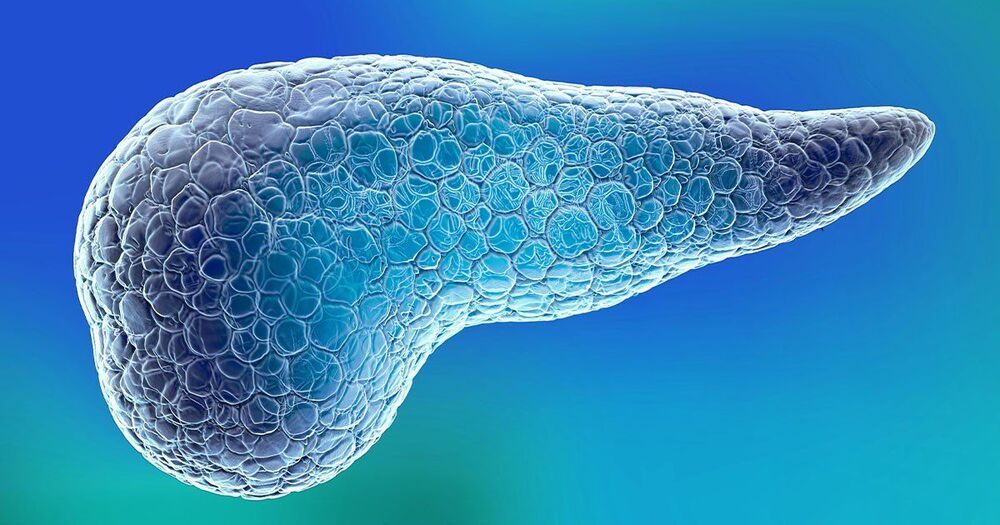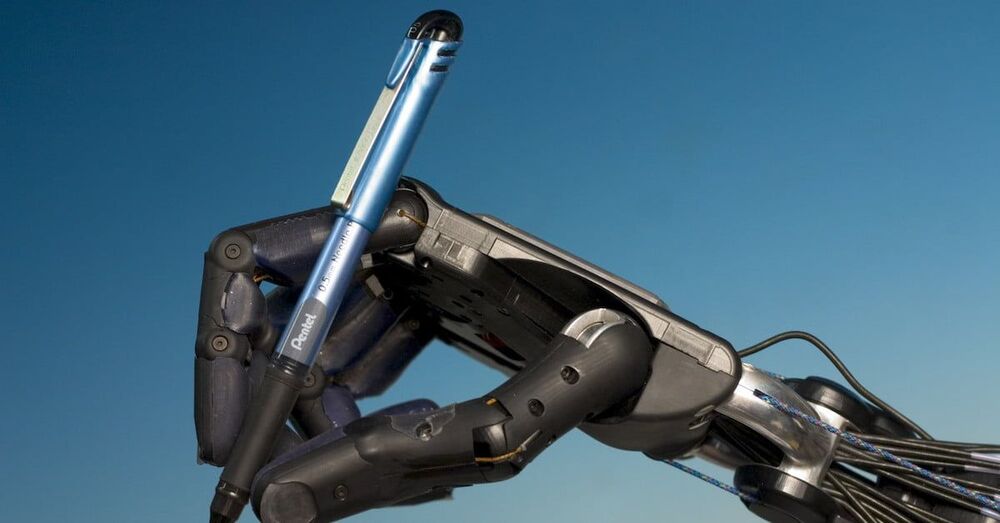A new survey of our galaxy by astronomers with VERA in Japan has shown that Earth is both moving faster and is closer to the supermassive black hole at the center of our galaxy than previously thought. But don’t worry, our planet is safe!


Over the past decade or so, roboticists and computer scientists have tried to use reinforcement learning (RL) approaches to train robots to efficiently navigate their environment and complete a variety of basic tasks. Building affordable robots that can support and manage the exploratory controls associated with RL algorithms, however, has so far proved to be fairly challenging.
Researchers at Aalto University and Ote Robotics have recently created RealAnt, a low-cost, four-legged robot that can effectively be used to test and implement RL algorithms. The new robotics platform, presented in a paper pre-published on arXiv, is a minimalistic and affordable real-world version of the ‘Ant’ robot simulation environment, which is often used in RL research.
“The initial inspirations for our work were RL studies that successfully demonstrated learning to walk from scratch on ant-like quadruped and humanoid robot simulations,” Jussi Sainio, co-founder of Ote Robotics, told Tech Xplore. “The underlying premise with RL algorithms is that programming a robot to do tasks becomes much easier and more ‘natural’—one just needs to define the available sensor measurements, motor actions, then set a target goal and plug them all into a reinforcement learning algorithm, which figures out the rest.”


Remember when the idea of a robotic hand was a clunky mitt that could do little more than crush things in its iron grip? Well, such clichés should be banished for good based on some impressive work coming out of the WMG department at the U.K.’s University of Warwick.
If the research lives up to its potential, robot hands could pretty soon be every bit as nimble as their flesh-and-blood counterparts. And it’s all thanks to some impressive simulation-based training, new A.I. algorithms, and the Shadow Robot Dexterous Hand created by the U.K.-based Shadow Robot Company (which Digital Trends has covered in detail before.)
Researchers at WMG Warwick have developed algorithms that can imbue the Dexterous Hand with impressive manipulation capabilities, enabling two robot hands to throw objects to one another or spin a pen around between their fingers.
Circa 2014
Somebody should sign this bot up for the NFL.


The Voyager probes have detected an entirely new kind of electron burst outside the solar system.
It is the first time this “unique physics” have been detected by a spacecraft, and could allow for new breakthroughs in our understanding of the “interstellar medium”, or the space between the stars.
The two Voyager spacecraft were launched by NASA more than 40 years ago, with the aim of flying to the far reaches of our solar system. They have now gone even further than that, reaching interstellar space, and exploring the gaps between the stars, giving us the first glimpses of what it might be like in that mysterious zone.

The world’s food supply must double by the year 2050 to meet the demands of a growing population, according to a report from the United Nations. And as pressure mounts to find new crop land to support the growth, the world’s eyes are increasingly turning to the African continent as the next potential global bread basket.
While Africa has 65% of the world’s remaining uncultivated arable land, according to the African Development Bank, the countries on the continent face significant obstacles as they look to boost the productivity of their agricultural industries.
On the continent, 80% of families depend on agriculture for their livelihoods, but only 4% use irrigation. Many families also lack access to reliable and affordable electricity. It’s these twin problems that Samir Ibrahim and his co-founder at SunCulture, Charlie Nichols, have spent the last eight years trying to solve.

https://sc.mp/subscribe-youtube.
A pyramid-styled housing complex was built in China’s eastern Jiangsu province. With a spacious balcony on each apartment, residents have found it difficult to cook inside the kitchen, because vent hoods cannot be installed in the flat.
Support us:
https://subscribe.scmp.com.
Follow us on:
Website: https://www.scmp.com.
Facebook: https://facebook.com/scmp.
Twitter: https://twitter.com/scmpnews.
Instagram: https://instagram.com/scmpnews.
Linkedin: https://www.linkedin.com/company/south-china-morning-post/